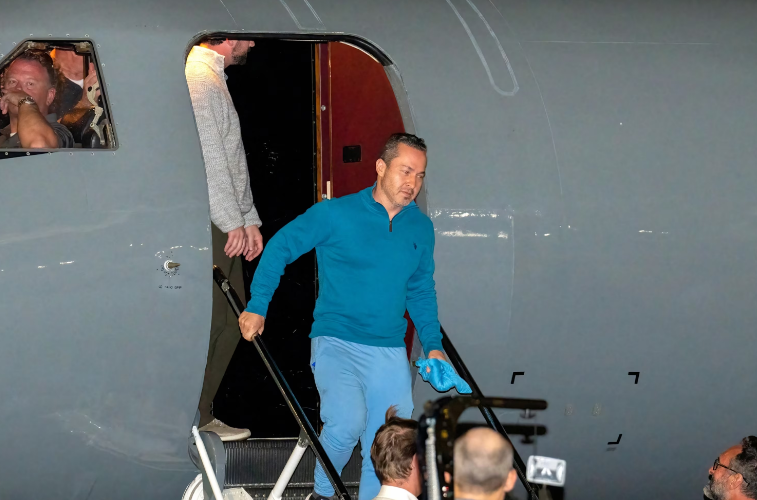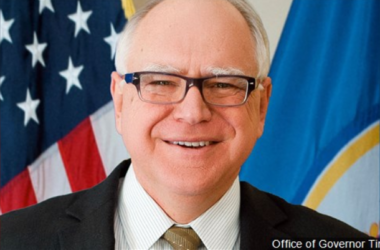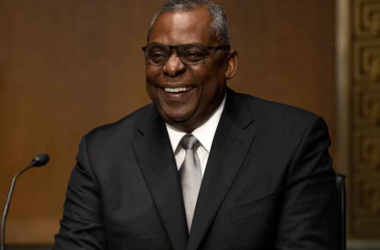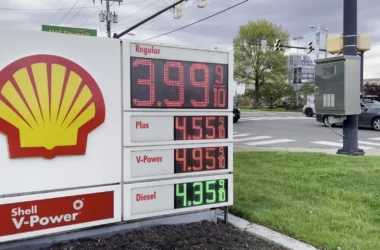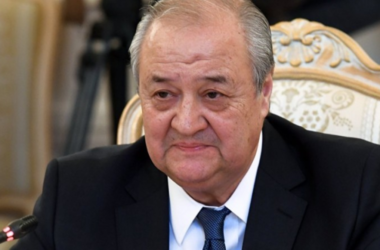In a strategic move, the Biden administration has reportedly released a close ally of Venezuelan President Nicolas Maduro as part of a swap for jailed Americans. Alex Saab, who was detained on a US warrant for money laundering in 2020, was granted release on Wednesday. The exchange involves the expectation that President Maduro will reciprocate by freeing at least some, if not all, of the approximately 10 US citizens currently imprisoned in Venezuela. While the White House has refrained from commenting on the matter, the development underscores the intricacies of diplomatic negotiations and the complex relationships between nations.
Alex Saab’s release comes against the backdrop of heightened tensions between the United States and Venezuela. Saab, a close ally of President Maduro, was apprehended on charges of money laundering in 2020, as per a US warrant. The decision to release him is part of a larger diplomatic maneuver aimed at securing the freedom of American citizens detained in Venezuela. The details of the exchange highlight the diplomatic intricacies involved in such negotiations and the delicate balance of international relations.
The exchange, characterized by the release of Saab in return for imprisoned Americans, reflects a quid pro quo approach in diplomatic negotiations. While the exact number of US citizens to be freed remains uncertain, the understanding is that President Maduro will reciprocate with concessions to facilitate the release of American detainees. Such diplomatic maneuvers involve careful negotiations and compromises, with both parties seeking to advance their interests while navigating complex geopolitical dynamics.
Details surrounding the swap were disclosed by an anonymous source familiar with the situation, emphasizing the sensitivity and confidentiality of diplomatic exchanges. The source, not authorized to discuss the matter publicly, spoke on condition of anonymity. This underscores the discreet nature of such negotiations, where confidentiality is crucial to the success of diplomatic efforts and the protection of individuals involved.
The White House has chosen not to provide official commentary on the matter, maintaining a reserved stance. The decision to release a close ally of President Maduro raises questions about the broader objectives of the Biden administration in its dealings with Venezuela. The release of Saab and the potential reciprocation by Venezuela highlight the nuanced nature of diplomatic relationships and the multifaceted considerations that shape international decisions.
The release of Saab in exchange for jailed Americans has implications for the broader US-Venezuela relationship. It reflects a willingness on both sides to engage in diplomatic dialogue, albeit through unconventional means. As the situation unfolds, the impact on bilateral relations, regional stability, and the perception of the Biden administration’s foreign policy approach will become clearer.
The release of Alex Saab, a close ally of Venezuelan President Nicolas Maduro, in exchange for jailed Americans underscores the intricate nature of diplomatic negotiations. The quid pro quo dynamics involved in such exchanges illuminate the complexities of international relations and the delicate balance of pursuing national interests while navigating sensitive geopolitical terrain. As the Biden administration navigates its foreign policy objectives, the implications of this swap will unfold, shaping perceptions of US-Venezuela relations and influencing diplomatic strategies on the global stage.




